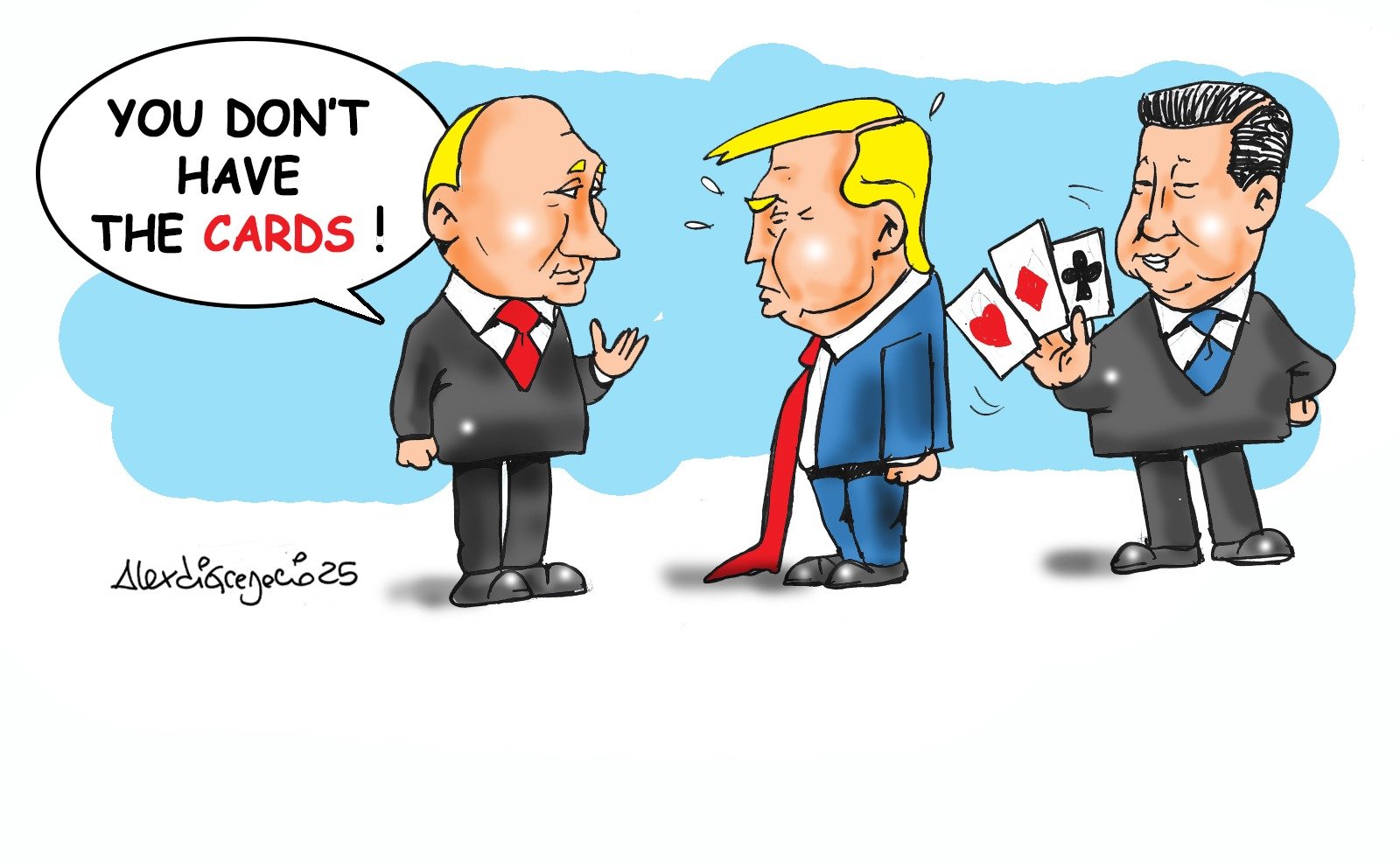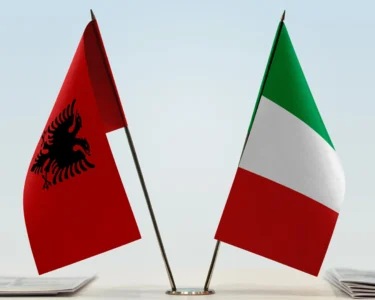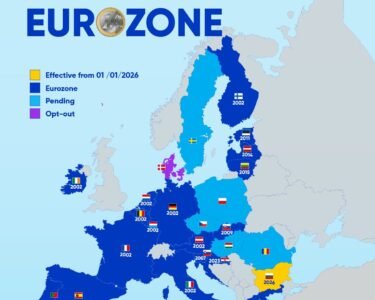Figuring out what Trump has in mind in foreign policy is a titanic task for at least three reasons: he almost never tells the truth, he changes his mind very often, and he makes decisions based on economic calculations that have little rationality.
But let's try to understand what is going on in his brain vis-à-vis Putin.
He has fawned over him, showered him with long phone calls and a disproportionate welcome in Alaska, asked him for a truce over Ukraine, threatened him with sanctions: it's been 9 months, Putin goes his own way, and Trump complains about Putin like an unrequited boyfriend: "He has disappointed me a lot," he repeats without drawing the consequences.
Never had a U.S. president been so repeatedly humiliated-for his own admission-by a Kremlin leader without retaliation. And here something does not add up.
After the summit in Alaska, Russia began a systematic provocative action with trespassing drones and military aircraft particularly in the skies over the Baltic countries, Denmark of Poland, Romania. No attack but a continuous piscological pressure aimed at getting on the nerves of the European NATO allies.
At the same time Trump changed course on Ukraine, spurred Zelensky to retake occupied territories and authorized arms sales to Kyiv and use of U.S. long-range missiles even on military targets on Russian territory.
The two are not consistent.
There are two cases: either Trump has really lost patience with Putin (which is unlikely, otherwise the U.S. president would have reacted harshly to violations of European airspace and would not have come out and said, shoot them down if you want but I won't intervene ) or he and Putin have come to an agreement under the table. And when Trump says he is disappointed in Putin he is lying through his teeth.
The deal could be this: Trump has assured Putin that America will disengage from Europe even if it cannot leave NATO ( two-thirds votes of the U.S. Congress are needed); he has assured him that he will not give Zelensky a dollar more, but that he cannot take away his intelligence support immediately so as not to suffer backlash in cooperating with other Western intelligence and not to reveal his game; promised him that no hostile gestures toward Moscow will come from Washington and that together the U.S. and Russia will have to play their cards in the Middle East (it is not known how since Moscow supports Israel's enemy number 1 Iran)
What will he have asked for in return? Will there have been economic exchanges between the two and even the possibility of building Trump towers in Russia? But that cannot be enough. Trump will have gotten vague promises from Putin that his relationship with Beijing can loosen when the war is over , of course with Russia's victory. But Trump is in a hurry to drive home Moscow's detachment from Beijing.
That is why he incites Ukraine to fight and Europe to support Ukraine , buying American weapons. Only in this way will Russia be forced to end the war so as not to succumb economically, the few experts he listens to will have explained to him.
If this is the case, Trump has effectively given Putin the green light to continue raiding weaker parts of Europe, to intensify hybrid warfare to extend Moscow's sphere of influence over countries such as Moldova, Hungary, Slovakia, Romania , Serbia. America will mind its own business anyway and won't lift a finger. Moral of the story?
At best, Trump has sold out Europe to Russia in exchange for a vague promise that Moscow will ease its relationship with China. At worst, Trump settled for much less. Perhaps because compared to Putin -as he puts it-"he didn't hold the cards."





